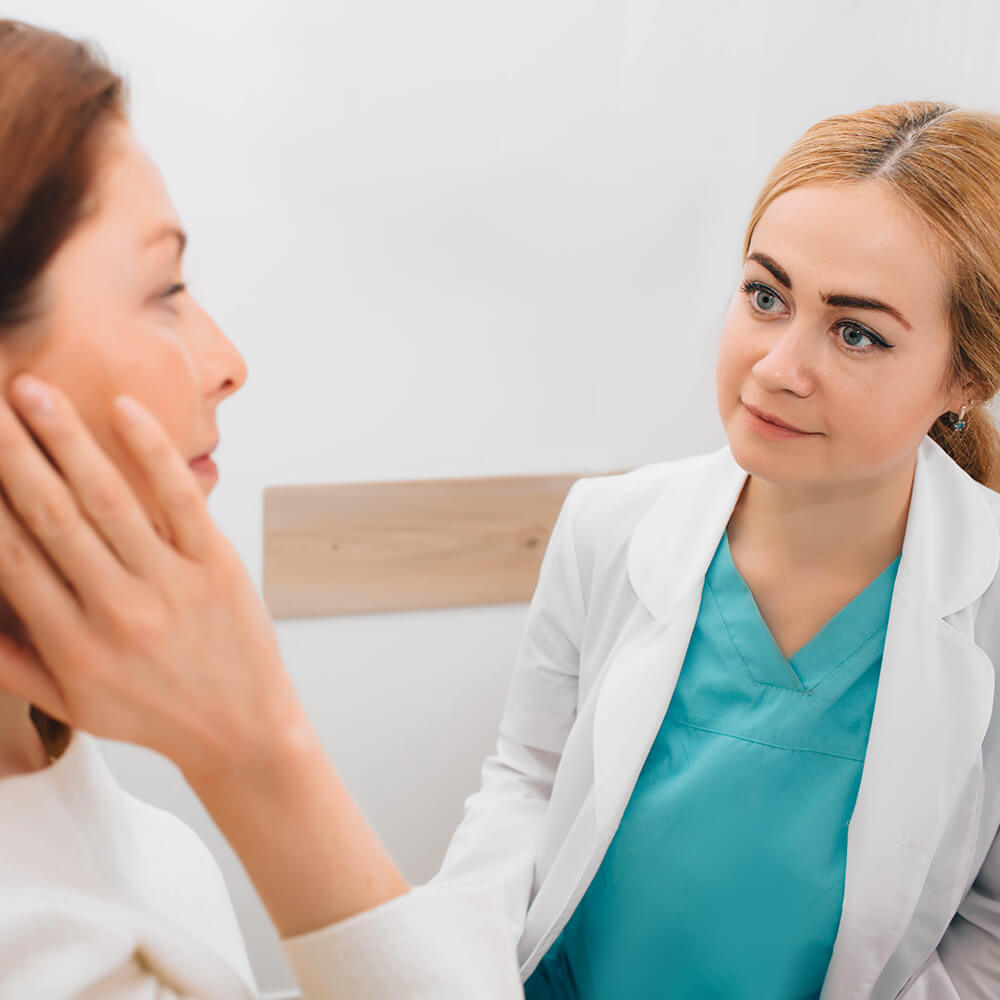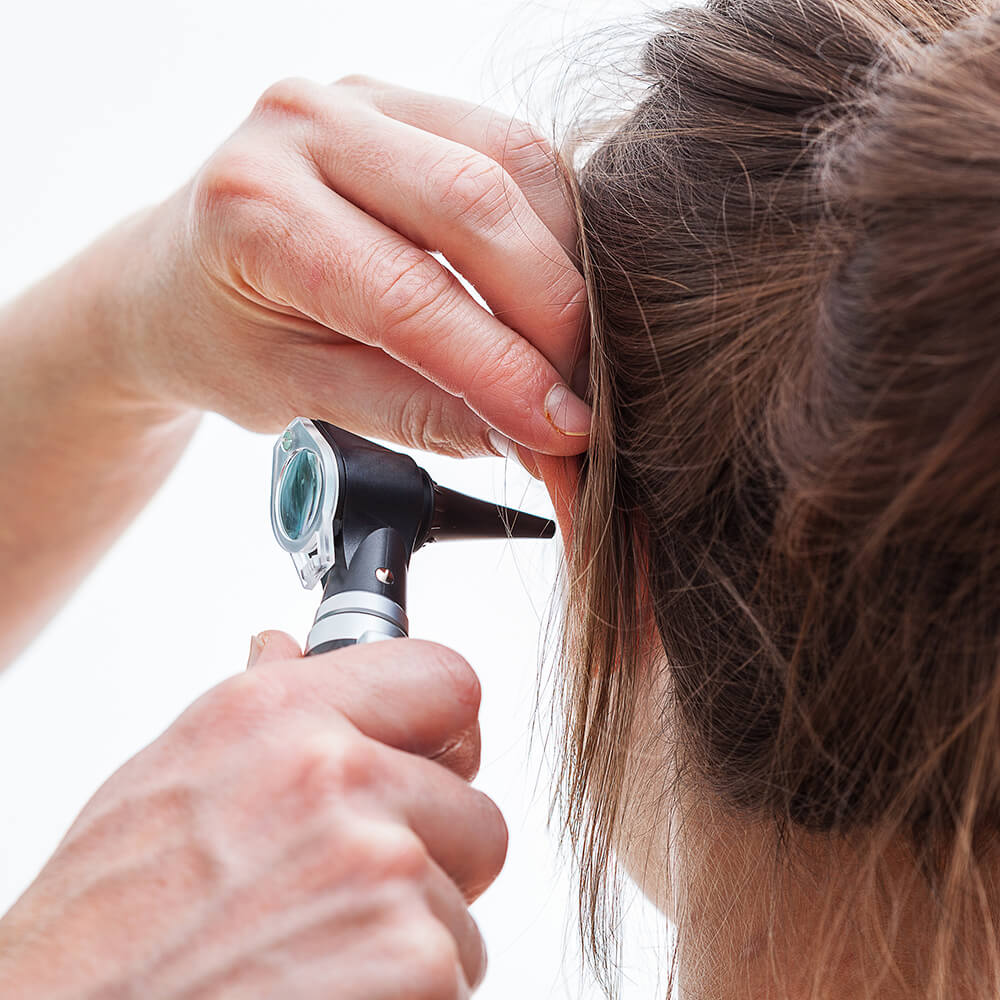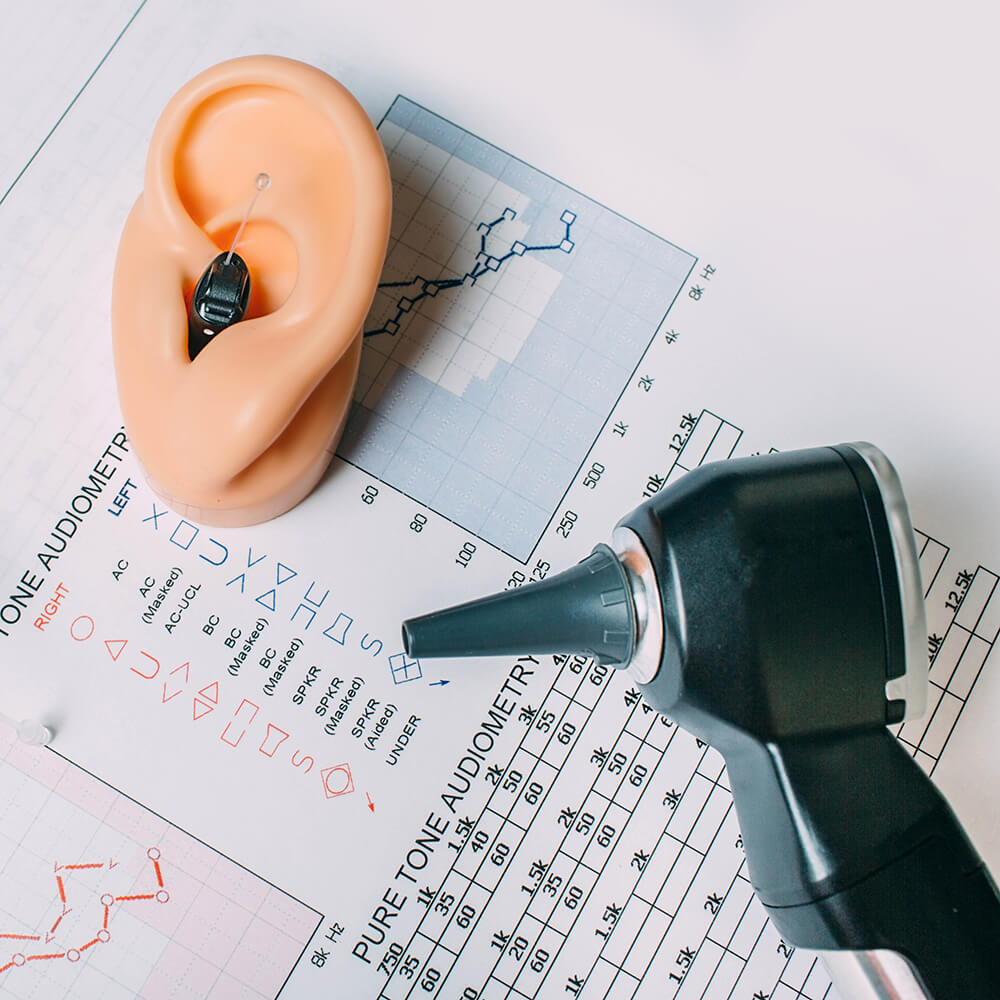What to Expect at a Hearing Test
Hearing loss is a gradual process, and the signs and symptoms of hearing loss can be challenging to recognize. Your loved ones probably will notice your hearing loss before you do. If your family approaches you and expresses concern about your hearing, it is time to schedule a hearing test.
Common Signs of Hearing Loss
- Asking your friends to repeat themselves.
- Finding it hard to follow conversations in places like crowded restaurants or cafes with a lot of background noise.
- Avoiding answering the phone because hearing the person on the other side is increasingly difficult.
- Not understanding the alarm clock or stove timer.
- Cranking the volume on the TV so high that it is too loud for others in the room.
- Struggling with tinnitus, ring, or buzzing sound that won't go away in your ears.
- Difficulty keeping social life healthy and trying to read lips to understand what was said.
If you notice two or more of these signs of hearing loss, you probably need a hearing test. These are typically painless, quick, and easy to sit through. The average hearing test should be 60-90 minutes long. Here's what to expect from a hearing test with us.

Consultation
The first thing we will probably do is understand your personal hearing experience. Questions about your health history might include:
- Have you noticed your hearing changing?
- Are there some situations where hearing is hardest (e.g., in groups or ambient noise)?
- Have you had an ear or head injury in the past?
- Are you often at work or at home around loud noises?
- Are you worried about your hearing?
You may want to give more attention to your hearing experience in different environments within the weeks before your hearing test so that you can share them with us.
You may also have questions to ask in addition to answering them. It's helpful to make a list of these before you see us.
Physical Examination
An otoscope is used to physically examine your ears and ear canals. An essential part of the test is the visual examination of your ears. We will check for anything that physically impairs your hearing.
We will point an instrument on your ear to see if something is blocking your ear canals, such as earwax, infection, or a foreign object. We'll also check for scars or abnormalities.

Hearing Tests
Complete Audiologic Evaluation (CAE)
This is the most common test and evaluates the degree and hearing loss and how suitable the patient is for a hearing aid.
Otoacoustic Emissions (OAE)
An OAE measures an acoustic response produced by the inner ear (cochlea), which essentially rebounds out of the ear in reaction to a sound stimulus. A small microphone sample is placed in the ear of the patient. This test is used for all ages, from newborns to older adults.
Tympanogram (Tymp)
A test used to assess the middle ear function, including Eustachian tube dysfunction and eardrum perforation.
Electrocochleography (ECOG)
This neurodiagnostic test helps diagnose Meniere's Disease, an inner ear disorder with symptoms such as vertigo, tinnitus, and hearing loss.
Videonystagmography (VNG or VENG)
This is a test used to evaluate patients with vertigo or dizziness symptoms.

Reviewing Your Results
The results of your hearing exams will be available immediately. Your hearing abilities will be mapped on an audiogram, a visual graph that identifies the following information:
- Your hearing loss type, configuration, and severity
- Any other ear-related problems
- Possible treatment options
Our hearing health professionals may ask you to explain any changes in lifestyle that could help inform your treatment options. Hearing tests provide clarity about your condition. If it reveals no hearing loss, you can go about your life with complete peace of mind. If a hearing loss is detected, you are in the best position to do something about it. Don't delay in getting your hearing tested! Contact us today to set up an appointment.
